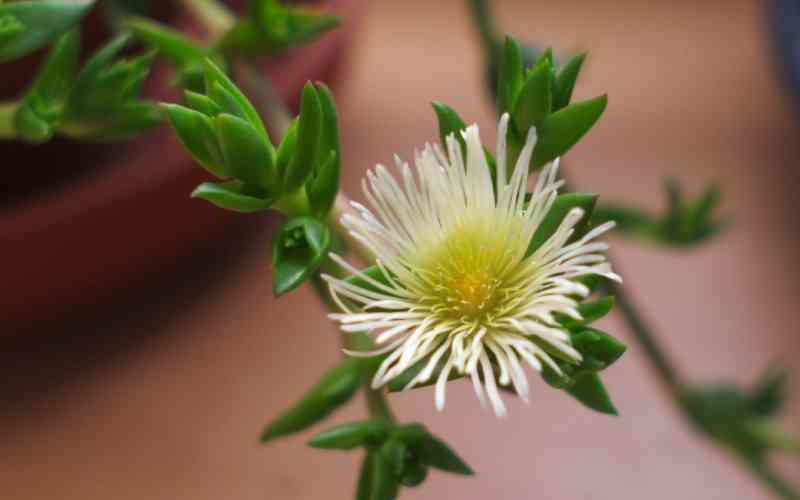
Plants have directly contributed to the development of important drugs. The antimalarial treatment artemisinin, pain medication morphine, and cancer chemotherapy taxol are just three examples of drugs derived from plants. Africa is endowed with up to 45,000 plant species - about 25 per cent of the world's plant genetic resources. More than 5,000 plant species from this enormous African resource are used in traditional medicines. Medicinal plant specialists Associate Professor Adeyemi Aremu and Professor Nox Makunga highlight some of these plants.
Artemisia afra (African wormwood)